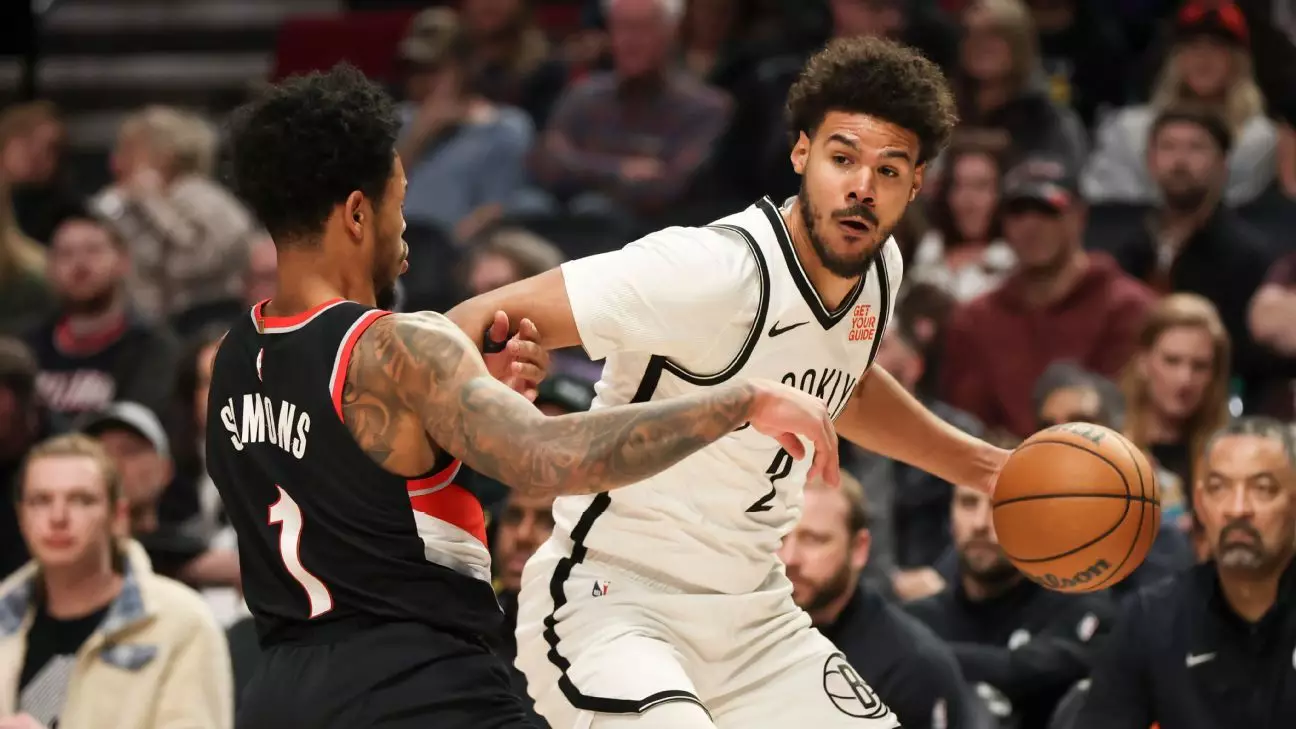The Denver Nuggets have made a decisive move, trading Michael Porter Jr. and an unprotected 2032 first-round pick to the Brooklyn Nets in exchange for forward Cameron Johnson. This transaction is more than just a player swap; it represents a significant recalibration of the Nuggets’ roster philosophy under their freshly minted front office leadership. With Ben Tenzer and Jon Wallace now steering basketball operations, this deal marks their first major attempt to redefine the team’s competitive blueprint.
From a financial perspective, Denver offloads Porter’s hefty $79.1 million remaining contract, easing immediate salary cap pressures by moving $38.3 million in the upcoming season and $40.8 million in the following year. Cameron Johnson, while also on a substantial contract ($21 million this year and $23 million next), offers a more streamlined fit both financially and stylistically for Denver’s vision going forward.
The Strategic Fit: Cameron Johnson vs. Michael Porter Jr.
Cameron Johnson’s recent breakthrough season has demonstrated his capacity as a versatile forward capable of contributing significantly on offense and defense. Averaging nearly 19 points per game while shooting an efficient 39% from beyond the arc, Johnson adds consistent spacing around Denver’s superstar, Nikola Jokic, and creates balanced scoring opportunities. His 6-foot-8 frame and defensive prowess align well with the Nuggets’ needs to build a more multifaceted lineup that can adapt across various matchups.
On the other hand, Michael Porter Jr. has been a cornerstone for Denver since his rookie season, averaging solid points and rebounds, and playing a pivotal role in Denver’s 2023 championship run. However, his contract’s size and the team’s direction suggest that his role may no longer fit the new front office’s strategic vision. Porter offers proven scoring and shooting ability, but the Nuggets’ decision to trade him signals a prioritization of roster flexibility and fit over proven talent with a cumbersome financial footprint.
Reinforcing Culture with Veteran Leadership
Simultaneously, Denver’s re-signing of Bruce Brown to a one-year veteran minimum contract reveals an astute focus beyond just raw talent or salary considerations. Brown’s influence on the locker room and familiarity with the championship core makes him a valuable culture carrier, helping maintain stability during this period of transition. While his on-court numbers dipped during his stints with Toronto and New Orleans, his previous contribution to Denver’s success and versatility in playstyle make him a smart, affordable asset.
Looking Ahead: Coaching and Management Overhaul
The Nuggets’ offseason shakeup doesn’t stop with player personnel. The firing of head coach Michael Malone and GM Calvin Booth late in the previous season underlined a willingness to take bold steps to invigorate the franchise. David Adelman’s promotion to head coach after a solid playoff run points to a new era where Denver wants to capitalize on Jokic’s prime while crafting a team that can better withstand intense playoff competition.
This front office is clearly not content to rest on past laurels. Instead, they are actively reshaping Denver’s roster, culture, and leadership to build a more adaptive and financially sustainable contender. The Johnson-Porter trade, bolstered by Brown’s return, reveals a nuanced approach that balances talent, team chemistry, and long-term strategic flexibility.


Leave a Reply